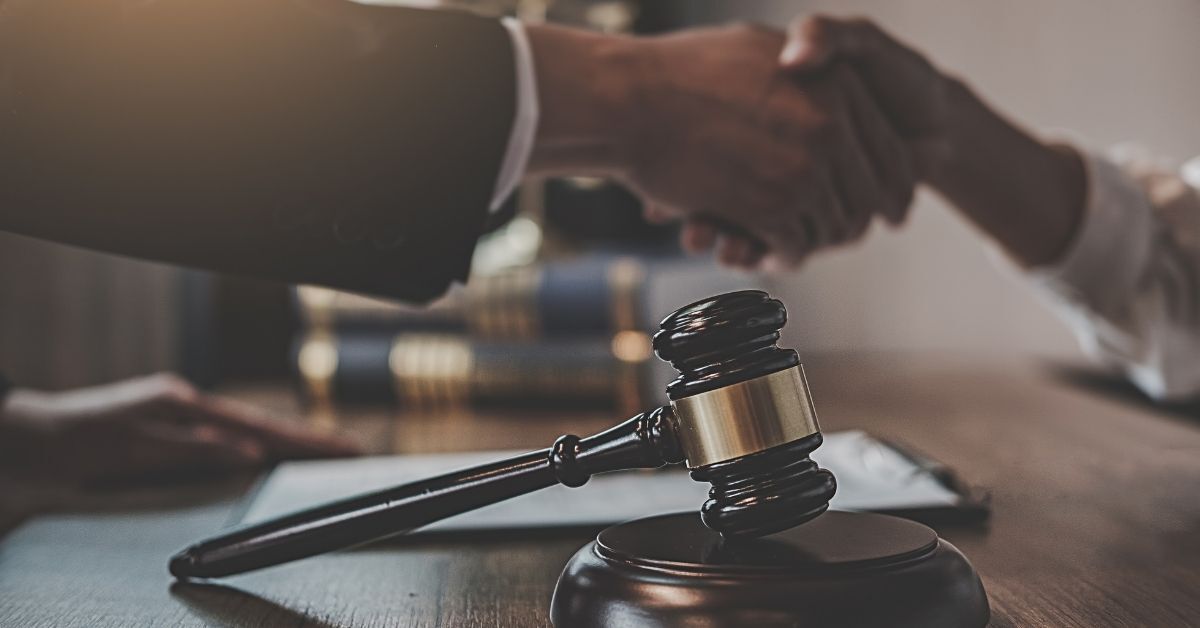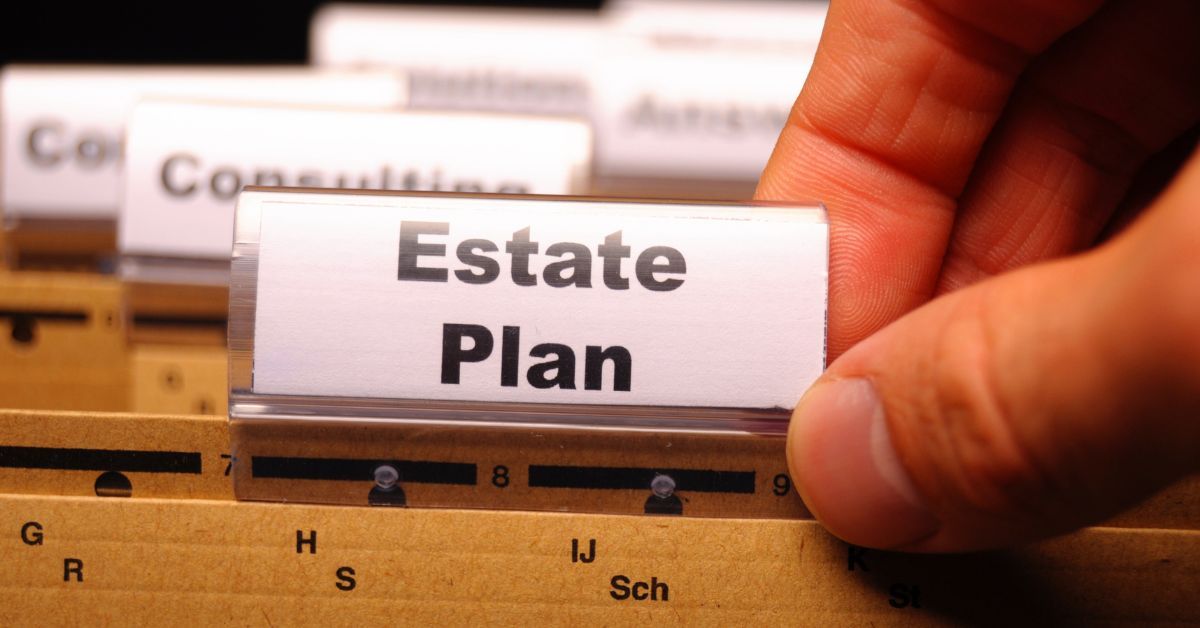Meaning and Rights of a Primary Carer | KMB Legal
Meaning and Rights of a Primary Carer- Here's all you need to know about Legal Parenting arrangementsThis is a subtitle for your new post
In Australia, the term "primary carer" refers to the person who is the primary caregiver for the care of a child. This can be either the child's mother or father, or another relative such as a grandparent.
The primary caregiver is typically the person who is most involved in the day-to-day care of the child, and who provides the majority of financial support. In some cases, the primary carer may also be the child's legal guardian.
The role of primary carer is important because it helps to ensure that a child has stability and consistency in their life. It also allows for a strong parent-child bond to develop. The primary carer plays a vital role in a child's development and wellbeing.
In the legal field, the term "custody" is often used to describe the relationship between a parent and child. But in Australia, this word is used less frequently. That's because the word "custody" usually carries the connotation of "ownership."
Australian courts will consider what is in the best interests of the child, which is why the term– care arrangements– is more apt here.
How do you define a primary carer?
According to the Australian Government Department of Human Services, a primary carer is defined as “the person who has day-to-day responsibility for the care of a child.”
The child's primary carer, meaning the main parent, is responsible for providing basic needs such as food, shelter, and clothing, as well as physical and emotional care. They also play an important role in ensuring that the child receives medical care, education, and other essential services.
3 types of parenting arrangements
According to family law, here are three main types of parenting arrangements: sole care, joint care and legal care. Sole care means that one parent has primary responsibility for the child, while joint care entails shared responsibility between both parents.
Legal care , on the other hand, refers to the right of both parents to make major decisions about the child,called equal shared parental responsibility. In practice, most parenting arrangements are a combination of these three types. For example, a common arrangement is for one parent to have sole physical custody of the child, while both parents share equal responsibility of the child.
Ultimately, the best interests of the child will always be the primary consideration in any parenting decision.
Does the primary carer have more rights?
While both parents have legal rights and responsibilities when it comes to their children, the primary carer usually has more parenting time and, as such, more rights in relation to day-to-day care. This can be especially true in cases where the other parent lives overseas or is unable to care for the child due to work commitments.
In addition, the primary caretaker typically has more decision-making power when it comes to decisions about day-to-day parenting matters. However, it is important to note that the primary carer does not have complete control and that both parents have a say in decisions about their children with regard to major long-term decisions.
Can you have two primary caregivers?
In Australia, it is possible to have two primary caregivers. This arrangement is often used when one parent works full-time and the other parent stays at home with the children. In such cases, both parents may share in the caregiving duties, including picking up and dropping off from school, preparing meals, helping with homework, being healthcare providers, along with other critical tasks.
While it is certainly possible to have two primary caregivers, there are some advantages and disadvantages to consider. Having two primary caregivers can often provide a sense of stability for children. They always know that there will be a family member there for them, no matter what.
FAQs
Who has more rights, Father or Mother?
Parental rights are not automatically determined by whether a parent is listed on the child's birth certificate. Instead, parental rights are based on the principle of what is in the best interests of the child. When making decisions about parental rights, the Court will consider a range of factors, including: the child's age, stage of development, the child's relationship with each parent and well-being.
What does being the primary parent mean?
Being the primary parent refers to the person who takes care of the majority of the parenting duties for a child. In many households, this role is typically filled by the mother, although there is no reason why it couldn't be filled by the father, or another relative or caregiver. The primary parent is typically responsible for tasks such as feeding, bathing, and dressing the child; providing emotional support; and supervising homework and extracurricular activities.
What is the difference between primary and secondary care?
Primary care refers to the parent with whom the child will live most of the time. Secondary care, also called visitation, refers to the time that the child spends with a different parent. In some cases, both parents may have equal care of the child, meaning that the child lives with both parents an equal amount of time.
Can a father take the child away from the mother?
In the eyes of the law, a mother and father are both considered equal parents with the same rights and responsibilities. This includes the right to have a relationship with their child and make decisions about their care. However, there are some situations where a father may seek to take custody away from the mother (and vice versa) and requires assistance to do so.
This can happen if one parentbelieves that the other is unfit to care for the child or if there is riskof abuse or neglect. In these cases, that parent may apply to the court for care and, if successful, be awarded primary or sole care of the child. While this is not an easy task, it is possible for a parent to take time with the child away from the other parent under certain circumstances.
How do you prove a parent is mentally unstable?
In order to prove that a parent is mentally unstable, it is necessary to provide evidence of their mental health diagnosis from a qualified mental health professional. This diagnosis must be well-documented and include information about the parent's symptoms and how they impair their ability to care for their child. Additionally, providing testimony from other individuals who have witnessed the parent's instability firsthand will assist the situation.
What makes an unfit parent?
There are some common signs that a parent is not able to adequately care for their child. These may include neglecting basic needs such as food and shelter, failing to provide proper medical care, or engaging in harmful behaviours such as using drugs or alcohol in front of the child. In severe cases, an unfit parent may also physically or sexually abuse her child.





